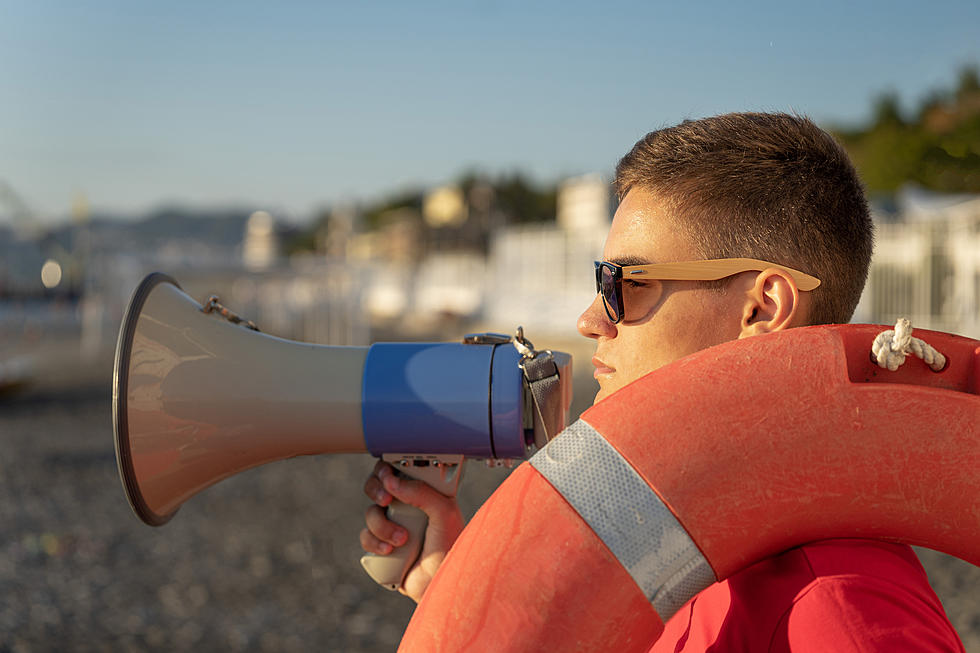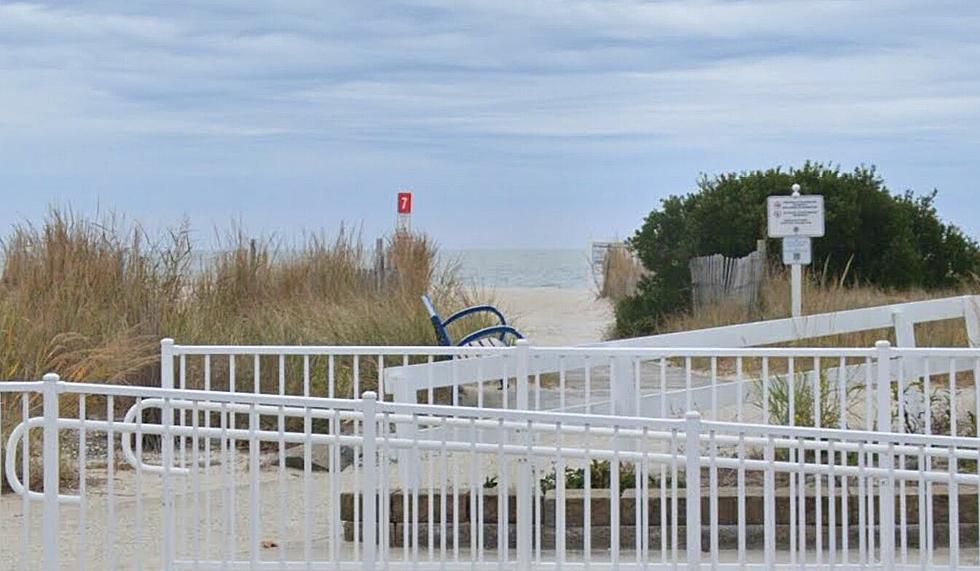
Lifeguard Shortage in NJ Could Result in Beach Closures This Summer
With Memorial Day weekend approaching and the weather not looking too shabby, chances are Jersey Shore beaches will be packed with locals and visitors, alike, taking advantage of the cool ocean, the soft breeze, and the warm sand.
But will there be enough lifeguards on duty to protect beachgoers, or will a shortage force some beaches to shut down?
Cape May beaches are struggling for lifeguards for the 2022 summer season, as they have in the past few years, said Marty Franco, captain of the Cape May Beach Patrol.
He said if the kids don’t have relatives or friends who have a home in town or close to town, then it’s hard to get them to come down and lifeguard because they can’t afford rentals on their own.

The pay scale is something else that’s affecting the status of lifeguards in Cape May, Franco said. Last summer, some beaches in Stone Harbor and Avalon were paying new guards $20 per hour, which Franco said, is more than what the 8 and 10-year lifeguards make in Cape May.
“When they did that, 160 plus possible rookies showed up for the test. We had a test down here paying 12 something an hour, and we got 24 people who showed up for hours,” he said.
Last summer, Cape May only had 23 lifeguards which led to some closed beaches. Franco said that seems to be where they are headed going into this year’s summer season and beach closures are entirely possible.
“There is a concern with the pay because kids can go across the street, pour coffee and make a lot more than that. We’re competing against that,” Franco said.
But Cape May beaches will always have that group of dedicated people who understand the job, who love working on the ocean, and who strive for a healthier lifestyle, no matter what the paycheck may say.
Applications are still being accepted. Prospective lifeguards must be at least 16 years old. Franco said they must take a pool swim test, then an ocean swim test, followed by a run-swim-run test. There is also an interview process to assess an applicant’s level of maturity and dedication. Last, they must undergo a stringent “lifeguard boot camp”, as he calls it complete with courses in CPR, oxygen use, and water knowledge.
Franco says lifeguarding is not easy but it’s rewarding. The town has been talking to schools, looking for kids, especially athletes, who are interested in guarding their beaches this summer.
In Asbury Park, beach safety advisor, Joe Bongiovanni said while many Jersey Shore towns are having a tough time staffing their beaches with lifeguards, his town seems to be OK.
He has many of his lifeguards doing internships this summer so they can’t work full-time shifts. But Bongiovanni believes he has enough guards lined up where some may work one or two days a week, and others will just fill in the holes where needed.
“We will have all the beaches staffed. It will be a little bit like a jigsaw puzzle putting a schedule together but we’ll have a full staff on duty,” Bongiovanni said.
He does not foresee any Asbury Park beaches closing this summer due to a lack of lifeguards but he said there very well could be a few days that call for that.
Asbury Park beaches typically staff between 40 and 60 lifeguards for the season and Bongiovanni believes he’ll have around the same number again this year.
As far as a pay scale, he says for the past couple of years, Asbury Park’s starting lifeguard salary has been in line with whatever the state’s minimum wage has been. It’s $14 per hour for rookie lifeguards. Experienced lifeguards may earn more money.
Bongiovanni is still accepting applications for lifeguards. They too must be at least 16 years old. They must be certified in First Aid and Advanced CPR. Applicants must also be able to swim 500 meters in 10 minutes or less, plus undergo a 40-hour rookie training program while on duty.
As a reminder to all residents and visitors, Bongiovanni said most Jersey beaches will only be staffed weekends starting Memorial Day weekend into mid-June. Lifeguards, typically don’t go full time until around June 11.
NJ beach tags guide for summer 2022
More From WPG Talk Radio 95.5 FM










